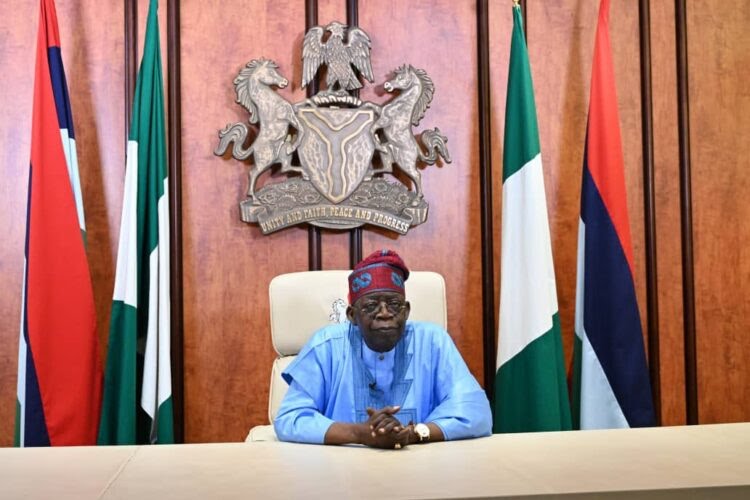
In a decisive move to curb escalating political unrest, President Bola Tinubu has declared a state of emergency in Rivers State, suspending Governor Siminalayi Fubara, his deputy, Ngozi Odu, and all members of the State House of Assembly for an initial six months.
Why the State of Emergency?
The crisis in Rivers State has been intensifying due to a political power struggle between FCT Minister Nyesom Wike and Governor Fubara, leading to violence, pipeline vandalism, and threats of mass protests by civil servants. The worsening situation prompted the president to invoke Section 305 of the 1999 Constitution, which empowers him to declare a state of emergency when public safety is at risk.
New Leadership & Immediate Measures
To manage the state during this period, President Tinubu appointed Vice Admiral Ibokette Ibas (rtd) as the military administrator. The judiciary, however, remains unaffected, ensuring that courts continue to function independently. Ibas will have the authority to implement measures aimed at restoring order, subject to approval by the Federal Executive Council.
Security Concerns and Government’s Position
Citing intelligence reports of continued pipeline sabotage and unrest, Tinubu justified the emergency declaration as necessary to protect the lives and properties of Rivers residents. He emphasized that the decision was made in the interest of national security, economic stability, and governance.
Reactions & Implications
The decision has sparked mixed reactions across Nigeria. Supporters see it as a necessary intervention to restore order, while critics fear it sets a dangerous precedent for federal interference in state affairs. The suspension of elected officials has raised concerns about democratic principles, with analysts predicting further political tensions between the federal government and Rivers State leaders.
What Happens Next?
Vice Admiral Ibas is expected to take office immediately, focusing on restoring security, protecting critical infrastructure, and ensuring the smooth operation of government functions. Meanwhile, political observers are closely watching how this intervention will impact Rivers State’s political future and governance stability. As the situation develops, Rivers State remains at the center of national attention, with many hoping the measures will bring lasting peace to the troubled region.





